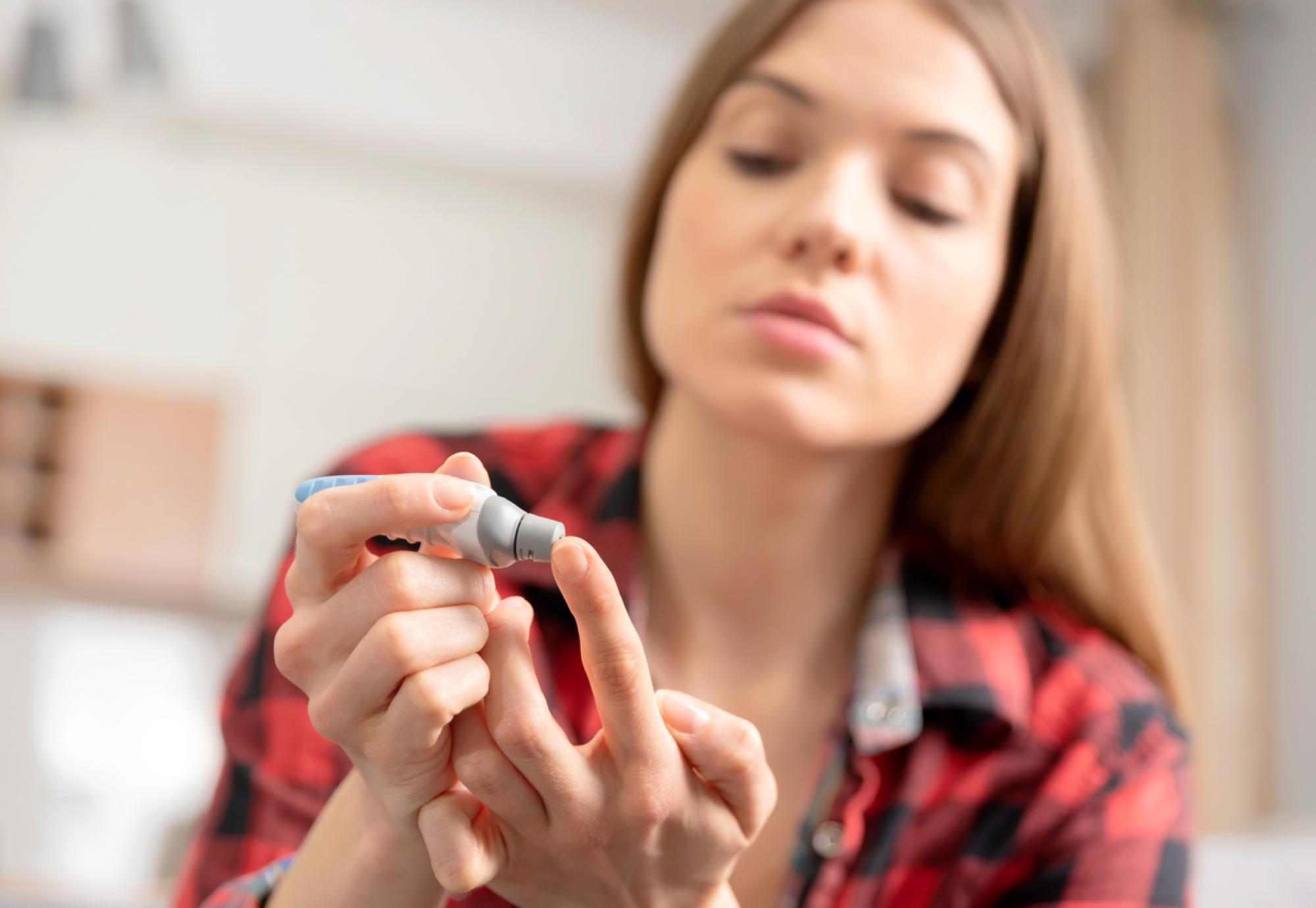Approximately 140,000 people under the age of 40 are set to benefit from a new world-first initiative aimed at addressing early onset type 2 diabetes, NHS England has announced.
Dubbed T2Day: Type 2 Diabetes in the Young, the programme will see those aged 18 to 39 with this particular condition receive more intensive and targeted care.
This will include more personalised health checks and, when available, access to new medicines and treatments to better support patients with issues such as blood sugar levels, weight management and cardiovascular risk minimisation.
There will also be dedicated support for women in a bid to mitigate the additional risks associated with the condition during pregnancy; this support will include contraception and folic acid supplements.
The NHS is the first health system in the world to establish a national, targeted scheme for this particular group of people.
On average, someone diagnosed with type 2 diabetes at 20 will have an overall reduced life expectancy of 11 years – this compares to just two years when the condition is diagnosed at the age of 65.
The prevalence in which young adults are being diagnosed with type 2 diabetes is increasing faster than that of over 40s, according to the health service. The condition is also more likely to occur in deprived areas and individuals from minority ethnic groups.
Diabetes UK’s chief executive, Chris Askew OBE, described the initiative as a “vitally important step” in the journey to improving care for those with early onset type 2 diabetes.
He said: “Type 2 diabetes is a serious, life-changing condition. It can have more severe and acute consequences in younger adults, and is more common in people from ethnic minorities and those living in the most deprived areas.
“Yet we know that access to vital routine diabetes care is lower in the 18-40 age group – putting those affected at a higher risk of potentially devastating complications.”
Askew concluded: “This programme is a welcome and much-needed opportunity to address these existing inequalities in type 2 diabetes care.”
Image credit: iStock



















